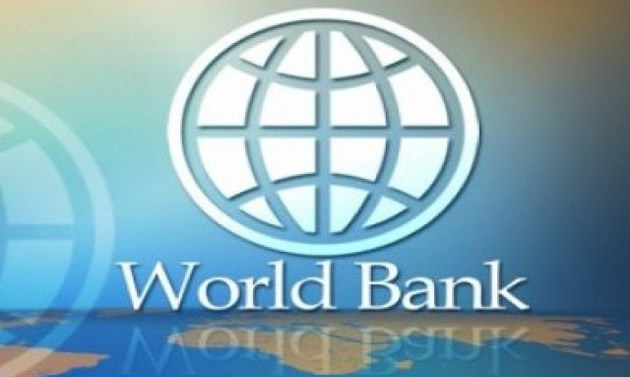EDITORIAL COMMENT

 Action will ensure promised growth
Action will ensure promised growth
Zimbabwe’s economy should grow by at least 3,8 percent this year, according to estimates by the World Bank and that prediction comes from hard-hearted, hard-headed conservative economists. So there is a distinct possibility that if we do everything right we can do better.The basic prediction assumes that with decent rains and Government efforts to get inputs to better farmers, most of this growth will be in agriculture. This is the same prediction that Zimbabwean economists had already made and hence the Government’s programme of Command Agriculture.
But it is pleasant to have outside confirmation that we are doing something right, especially when prophets of doom wander around Zimbabwe claiming that the “present harsh economic environment” is eternal.
But the fixing of agriculture is not just helping to make the country richer. It is also going to help ameliorate two other serious economic challenges: the serious imbalance between imports and exports and the growing economic inequality.
A far better trade balance, which most people notice through the shortage of imported bank notes, is automatic with better harvests.
If Zimbabwe can save $500 million on food imports and can export more tobacco and a lot more cotton then obviously there are more export earnings that can be spent on imports less immediately critical than food.
For many, the cash shortages started looming at the end of the last harvest, when it became obvious that a far higher percentage of our diminishing export earnings were going to have to be spent on food. At the end of the 2017 harvest we should start seeing a significant reversal of those damaging trade imbalances.
The second immediate gain will be the growth of rural family incomes. Most of the extra wealth generated this year will be with these families and the rest of us benefit as they start spending more. And the reversal of the decline in manufacturing, perhaps the most important economic trend of last year, means that much of that extra money will be spent on Zimbabwean goods, rather than imported trinkets.
This is basic economics; if farmers have better incomes then manufacturers and service-providers have more customers. The spread of that extra wealth should help reduce inequalities automatically and beneficially. Even the families growing a small plot of maize on the side of the road in Harare benefit the economy.
The money they save on food will be spent on other things.
The Government’s finances benefit. Spending less on food aid and getting more VAT on what farmers buy does help the Minister of Finance balance his books.
But all of these potential gains mean that the immense efforts already made to make this season a success must be maintained. We need to ensure that farmers have the fertiliser to bring their crops to maturity; that they have the herbicides to kill weeds and that they have the insecticides to wipe out pests like armyworm and others that flourish in a decent rainy season.
It is not just those in Command Agriculture who need this stuff. Even the urban plot-holder needs to be able to buy the odd bag of fertiliser, and he needs it in his local shop.
There is so much at stake that we must not, and cannot, relax our efforts until we see those trucks bringing the harvest into our silos and warehouses, into farm granaries and storerooms.
The World Bank’s predictions are no guarantee of success, but are a strong independent assessment that if we continue to do everything right then we will win. So let us all stop arguing and keep pushing on.









Comments